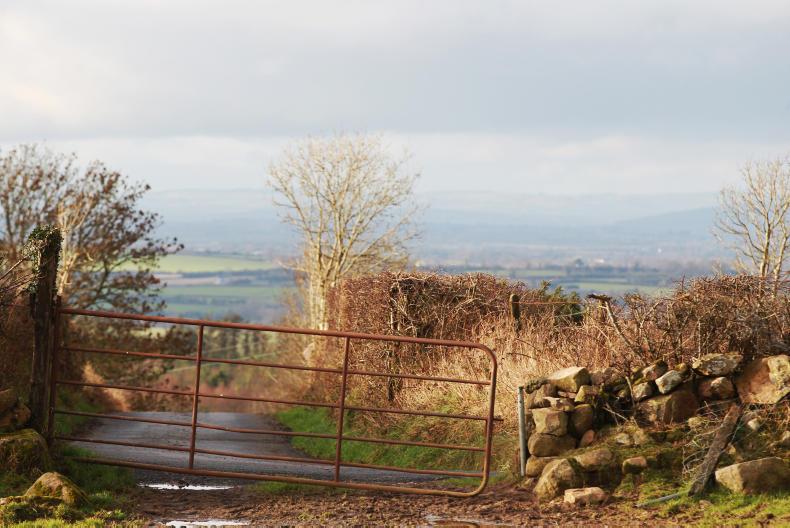One in 10 older people in Ireland suffers from loneliness and this has a direct impact on their health, according to Sean Moynihan from charity Alone. “Loneliness is very debilitating. It leads to all sorts of other problems and it can shorten lives,” he says.
“When people are isolated and lonely, it can become a low-grade depression, they stop minding themselves, they stop feeding themselves properly and they stop caring,” says Moynihan. “They become physically unwell as a result of being lonely.”
Aging and loneliness can go hand in hand and Ireland’s population is aging at an incredibly fast rate.
Every year there are an additional 20,000 people aged 65 or older, while the number of people aged over 80 is predicted to grow from 130,600 in 2013 to a massive 458,000 by 2041 – an increase of 250%.
According to Alone, one in every three people aged 65 and over in Ireland lives alone.
Of those aged over 80, more than half are widowed and around 17% are single, while the remainder are married.
“And people over 80 years of age spend 80% of their time in the house,” says Moynihan.
Alone’s Befriending Network Ireland has 40 affiliate organisations who between them work with 5,000 older people by calling them or visiting them in their homes.
One of those groups is Third Age Ireland, which received more than 20,000 calls in 2016.
“In some cases people are lonely because of genuine rural isolation in terms of physical location and the closure of local facilities,” says Anne Dempsey of Third Age Ireland. “Where people are no longer able to drive, their life closes in on them and it becomes more difficult. The importance of good local transport cannot be emphasised enough.
“Others are lonely because people belonged to them have died, their support system is less, they are less mobile and their world has narrowed.
“And then you have people who would be normally gregarious and social whose children have emigrated. They feel cut off from their families and maybe they are not hugely digitally literate so they’re not going to be able to Skype their family in Australia.”






SHARING OPTIONS